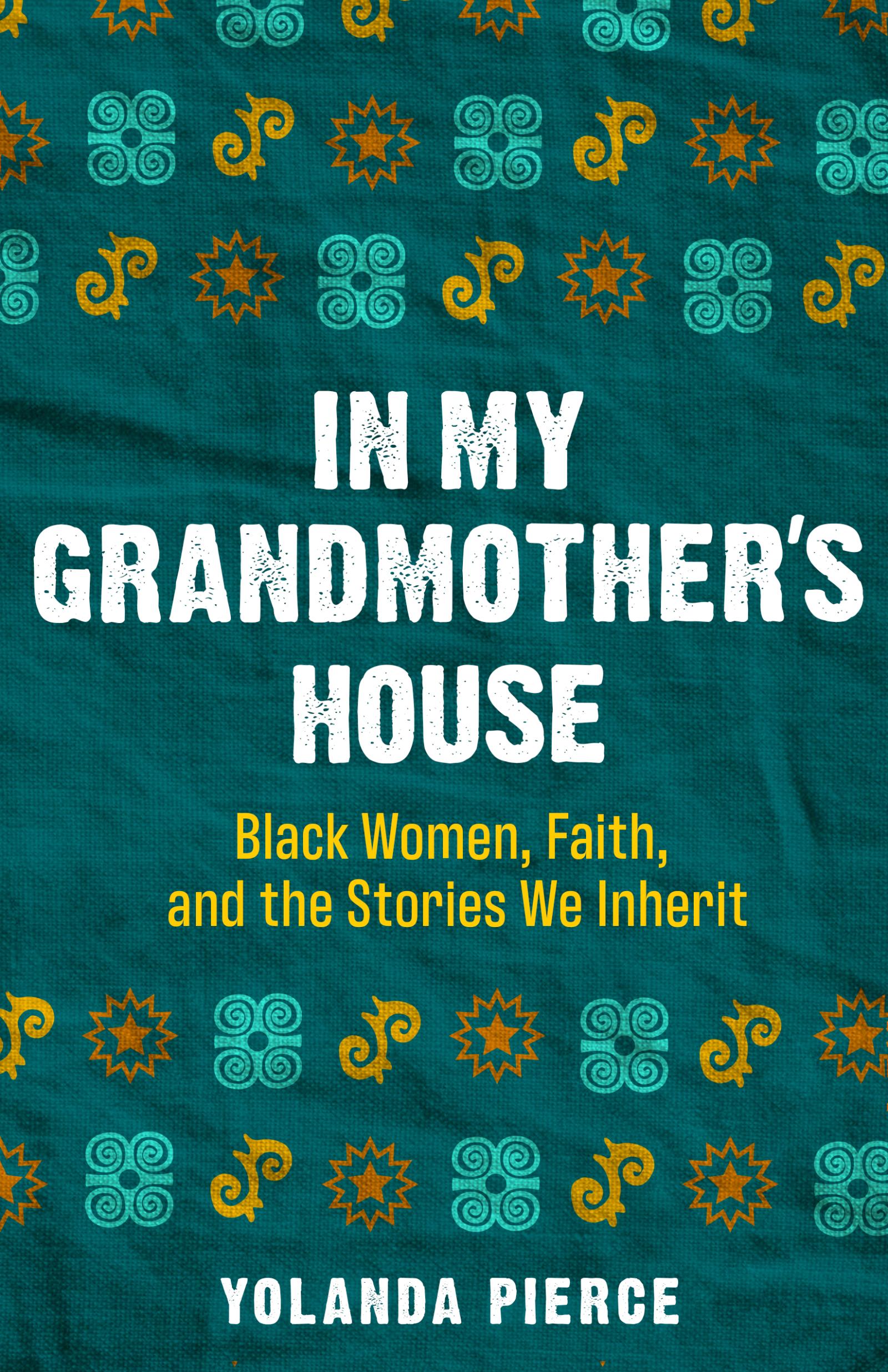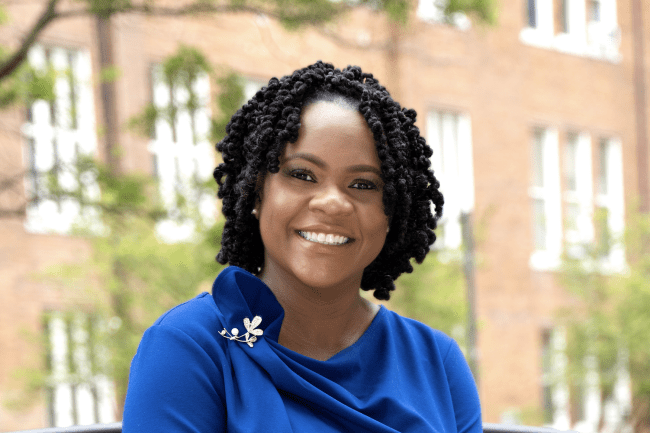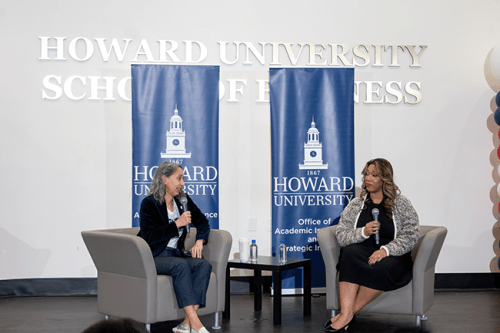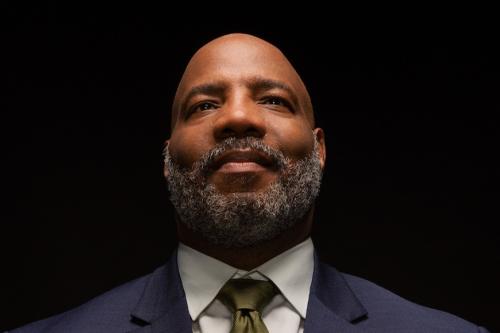Yolanda Pierce, PhD, dean of the School of Divinity, recently published her book, “In My Grandmother’s House: Black Women, Faith and the Stories We Inherit.” Described as a series of essays about race and faith, Dean Pierce blends everyday womanist theology rooted in liberating scriptures, stories from the Black church and truths from Black women’s lives, including that of her own grandmother’s and of the church mothers with whom she grew up.

Q: What inspired you to write it?
A: I’m a womanist theologian and scholar of the Black Church tradition, but I am also a daughter of the Black church. I wanted to offer the larger public academic and personal insight into the beauty and complexity of the Black church tradition.
Q: Who is your book written for?
A: The book is written for people interested in the intersections of race, faith and gender; those who want to learn more about the African-American religious experience; and those who value the unique role of storytelling inherited from the kitchen tables of their elders and ancestors.
Q: Tell us about the women in your book.
A: My book describes the role of the “church mother,” a unique office within African-American churches. It argues that the theology of these women is the sustaining feature of a faith tradition, even if these women are not normally considered “theologians.”
Q: How do the older women in your book shape the values for younger Black women today?
A: I describe a generational inheritance in my book; faith and culture are shaped by older generations who “inherit” a legacy they often do not appreciate until they are older. Grandmother theology is generational wisdom, rooted and grounded in liberating practices of the generations who precede us, including our ancestors.
Q: How has faith changed between the generations? What is it that you hope today’s generation of women will maintain?
A: Within my book, I discuss how something as simple as music becomes a mechanism for connecting the generations. The hymns of my childhood, many of which are no longer sung in churches, still inspire me and motivate me. Something will be profoundly lost if we do not have another generation that respects and upholds the stories, traditions and faith practices of the elders.
Q: Your book shows how much of what the grandmothers did was a result of their own backgrounds and upbringing. As times change, what will the roles of Black grandmothers be in the future?
A: The realities of race, racism and white supremacy cannot be divorced from religious practices in America. Part of why I wrote the book was to lament how sexism, patriarchy and other oppressive forces have shaped Black faith. But I also celebrate the survival of Black faith in hostile territory, thanks in no small measure to Black women who taught us to make a way out of no way.





